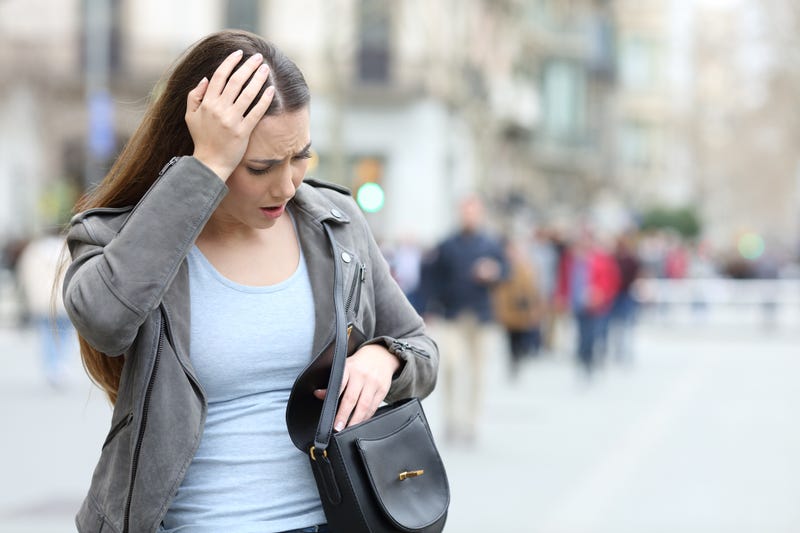
As more places start requiring proof of vaccination amid the recent COVID-19 surge, there is now something new to worry about: losing your vaccination card.
Everyone vaccinated against COVID-19 gets a small piece of paper from the Centers from Disease Control and Prevention as a record of vaccination. Recipients are warned not to misplace or laminate the card (because you may need proof of booster shots). Tweets have pointed out the cards hardly fit in wallets, making keeping track of them a challenge.
Listen to your favorite News/Talk station now on Audacy.
It’s easy to imagine accidentally forgetting the card your pants pocket only to find it in the washing machine. Or leaving it in your “going out” purse over the weekend and realizing Monday morning that it isn’t in your work bag.
So, what can you do if you lose it?
Although it is possible to have a vaccine card replaced, it isn’t very easy, said to Boston.com.
If you suddenly find that your vaccine card is missing, first contact your healthcare provider or the location where you were vaccinated. They should be able to print out another copy of your vaccination card, according to the Massachusetts Dept. of Public Health.
For people who can’t contact the location where they were vaccinated, the v-safe post vaccine health checker should have a record of vaccination. A last resort for those who are not enrolled inv-safe would be to request your immunization from your state’s health department, though that could take some time.
How can you avoid losing it?
Don’t go into panic mode if you haven’t lost your card yet.
There are ways to keep your vaccination easily accessible on your mobile phone.
According to the Washington Post, those looking to digitize their proof of COVID-19 should check to see if their city or state recommends a specific app.
Outside of those apps, the outlet found that Clear Health Pass was the “most flexible and likely the most broadly useful” option thus far. However, the company that produces the app is also in the business of selling subscriptions to get through airport security, a downside, according to the Post.
To set up the app, users will need to scan their vaccination card and government-issued identification.
Some places may not accept apps such as Clear Health Pass.
However, digital health records such as Excelsior Pass are 100 percent verified, said the Post. A downside to the digital health record route is that they can be complicated to set up.
Vaccinated people can also keep a photo of their card in their phone’s photo album as backup, though it may not be accepted like a paper copy.
To protect photos from hacking you can keep them in hidden albums and notes applications for iPhones and Secure Folders for Android.


